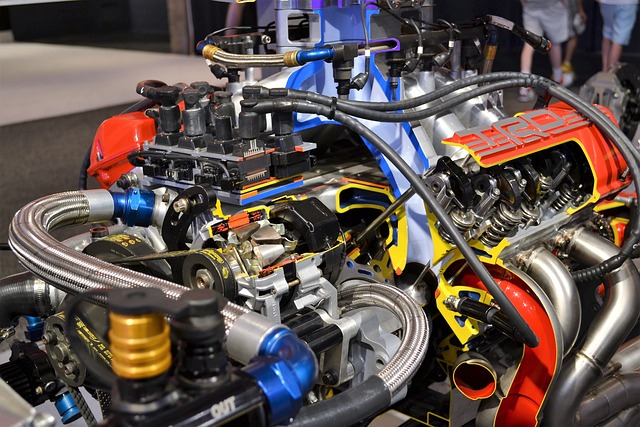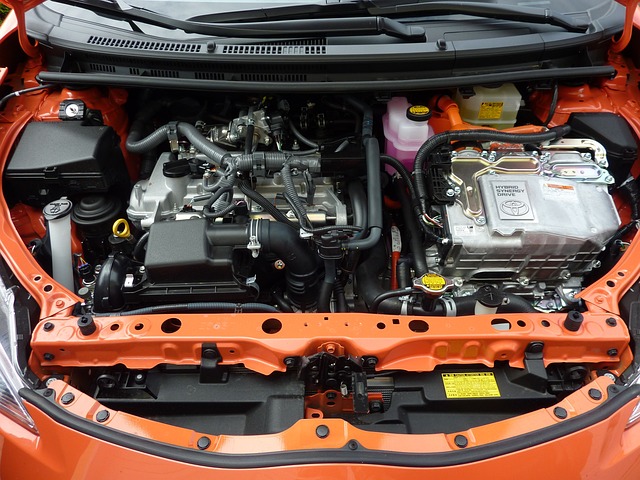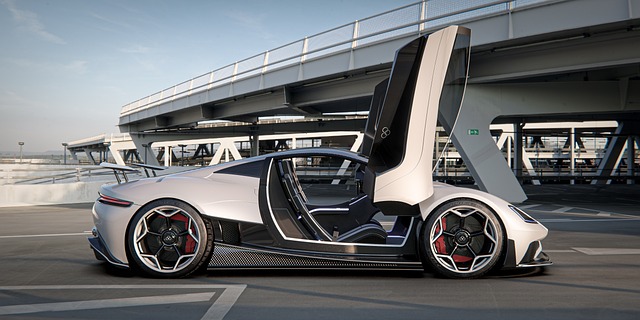As the world shifts towards cleaner and more sustainable transportation options, electric vehicles (EVs) have gained significant attention for their environmental benefits. While new EVs are being manufactured at an increasing pace, there is another approach that allows individuals to embrace electric mobility without purchasing a brand-new vehicle. Electric vehicle conversion offers a compelling solution by transforming internal combustion engine (ICE) vehicles into eco-friendly electric vehicles. This article explores the concept of EV conversion, its advantages, challenges, and the growing trend among car enthusiasts and environmentally–conscious individuals.
Understanding Electric Vehicle Conversion:
Electric vehicle conversion involves removing the ICE components of a conventional vehicle, such as the engine, fuel system, and exhaust, and replacing them with an electric motor, battery pack, and other necessary components. The process typically involves retrofitting an existing vehicle to operate solely on electric power. This allows for the preservation of the vehicle’s chassis, while significantly reducing its carbon emissions and reliance on fossil fuels.
Advantages of Electric Vehicle Conversion:
Environmental Benefits: The primary advantage of electric vehicle conversion is the reduction in greenhouse gas emissions. By converting an ICE vehicle to electric, carbon dioxide emissions are eliminated, leading to cleaner air and a smaller carbon footprint.

Cost-Effective Solution: Electric vehicle conversion is often more cost-effective compared to purchasing a new electric vehicle. The cost of conversion can vary depending on the complexity of the project and the desired range and performance of the converted vehicle. However, the cost is typically lower than buying a new EV, making conversion an attractive option for those on a budget.
Vehicle Preservation: Converting an existing vehicle into an electric one allows car enthusiasts to preserve their beloved classic or vintage cars. Instead of letting these vehicles sit in garages or potentially facing disposal, conversion breathes new life into them, ensuring they remain on the road for years to come.
Customizability: EV conversion offers the opportunity to customize the vehicle according to individual preferences. From choosing the battery capacity and motor power to integrating modern tech features, individuals can tailor their converted EV to suit their specific needs and tastes.
Challenges and Considerations:
While electric vehicle conversion presents numerous advantages, it’s important to acknowledge some of the challenges and considerations involved:
Technical Expertise: Conversion requires a certain level of technical knowledge and expertise in automotive engineering and electrical systems. It is essential to have a thorough understanding of the vehicle’s electrical requirements, battery management, motor installation, and other related components. Seeking professional assistance or partnering with experienced conversion specialists is recommended.
Vehicle Compatibility: Not all vehicles are suitable for conversion. Factors such as weight, chassis design, and available space must be considered. Compact cars and lightweight vehicles are often more feasible for conversion due to their simpler structures and lower energy requirements.
Range and Performance: The range and performance of a converted EV may not match that of a purpose-built electric vehicle. Factors such as battery capacity, motor power, and overall weight impact the range and acceleration capabilities. Realistic expectations must be set to ensure satisfaction with the converted vehicle’s performance.

Warranty and Insurance: Modifying a vehicle’s powertrain can affect its warranty and insurance coverage. It is essential to check with insurance providers and understand any potential implications or requirements for coverage.
The Growing Trend:
The concept of electric vehicle conversion has gained traction among both car enthusiasts and environmentally-conscious individuals. The ability to convert older vehicles into eco-friendly EVs aligns with the principles of sustainability and offers a tangible way to contribute to a greener future. Many communities and online forums have emerged, fostering a sense of camaraderie and knowledge sharing among conversion enthusiasts.
Conclusion:
Electric vehicle conversion offers a viable and environmentally-friendly solution for transforming internal combustion engine vehicles into electric ones. It provides a cost-effective alternative to purchasing a new electric vehicle while preserving the character and heritage of existing vehicles. Although there are challenges and considerations involved, the growing trend of EV conversion demonstrates the enthusiasm and determination of individuals to make a positive impact on the environment and embrace the future of transportation. With continued advancements in technology and increasing support for sustainable mobility, electric vehicle conversion is likely to play a significant role in the transition towards a greener and cleaner transportation landscape.
